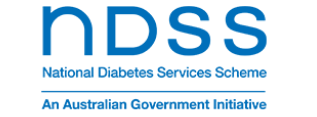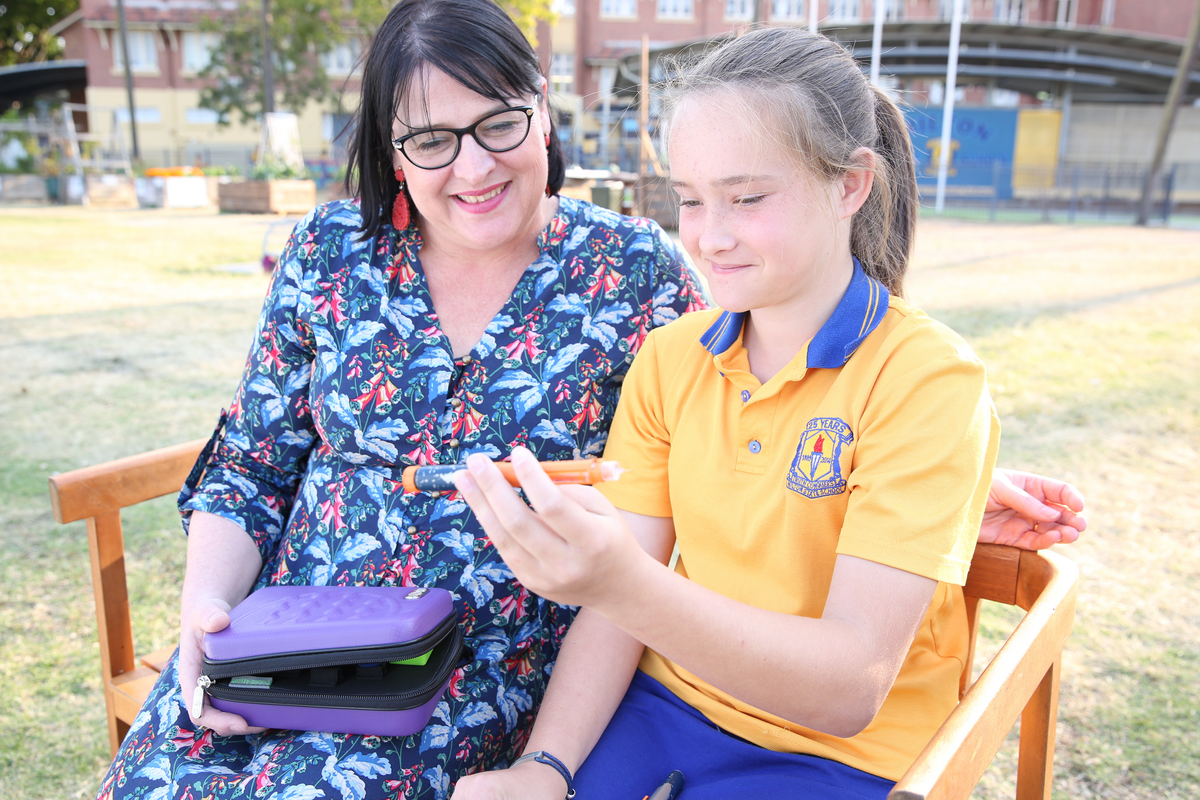Supporting students with type 1 diabetes involves assisting with insulin administration. Insulin is classified as a Schedule 4 medication in the Poisons Standard, meaning it requires a prescription and is regulated by law.
What are medicines and poisons laws?
In Australia, each state and territory has specific legislation detailing who can administer Schedule 4 medications like insulin. These laws apply equally to all forms of administration, whether oral or by injection. Typically, registered health professionals are authorised to administer these medications.
When can school staff administer insulin?
Legislation also allows non-health professionals, such as school staff, to administer medications if the following conditions are all met:
- Student’s inability to self-administer – if a student cannot administer insulin themselves, a trained staff member(s) may assist.
- Parental consent – written permission from the student’s parent or legal guardian is required.
- Proper training – staff must complete appropriate training programs to ensure safe administration.
- Clear guidelines – administration must follow the student’s diabetes management plan and any medical instructions or related procedures.
Key responsibilities for schools
To comply with medicines and poisons laws, schools should:
-
Obtain consent
Secure written permission from the student’s parent or legal guardian (and the student, if appropriate and competent to give consent) to assist with insulin administration as outlined in the student’s diabetes management plan.
-
Ensure proper training
Designated staff members must complete appropriate training (Levels 1, 2, and 3) through the Diabetes in Schools program (or the student’s diabetes health professional) and keep their training up to date.
-
Obtain a diabetes management plan
Ask the parents/legal guardian or the student’s diabetes health professional(s) for a copy of the student’s current diabetes management plan.
-
Identify designated staff
Clearly identify staff members authorised to assist with insulin administration and ensure all relevant staff are informed. Only appropriately trained and authorised staff should be involved in the administration of insulin.
-
Follow medical directions
Administer insulin strictly according to the training provided and the student’s diabetes management plan, including any directions or prescriptions given by the student’s health professional.
-
Store insulin safely
Keep insulin stored securely and according to guidelines, ensuring it’s readily accessible when needed.
-
Dispose of sharps properly
Provide appropriate facilities for the safe disposal of needles and other sharps. You can find out more about safe disposal of sharps via the NDSS here.
Each state and territory has their own rules (called Medicines and poisons laws) about how medicines should be stored and given to students in schools. Schools must follow the policies and guidelines set by their local Department of Education (or similar authority).
However, these general policies may not always include the detailed steps needed to support a student with type 1 diabetes.
For students with type 1 diabetes:
- The diabetes management plan, prepared and signed by a health professional, includes important detailed information about how and when to give insulin or other diabetes medications.
- These instructions might be different or more detailed than what appears on the medication label.
- School staff should follow the diabetes management plan carefully, even if it’s not fully covered in standard school medication policies.
If you’re unsure, always check the student’s diabetes management plan and speak with their diabetes health professional(s) or your school authority for guidance.
Why compliance matters
Adhering to these laws ensures the safety of students and protects school staff from legal risks. Proper management of insulin administration is crucial to prevent potential harm and legal consequences.
Learn more about relevant laws for your state or territory
Disclaimer:
The content of this page is only intended to provide a general guide to the subject matter. The exact legal position and requirements that will apply will always depend on your individual and surrounding circumstances. The information on this page does not in any way constitute legal advice and should not be relied upon as such. If you need legal advice, we recommend that you consult with a qualified legal professional for specialist advice about your specific circumstances.
Last updated: September 2025




